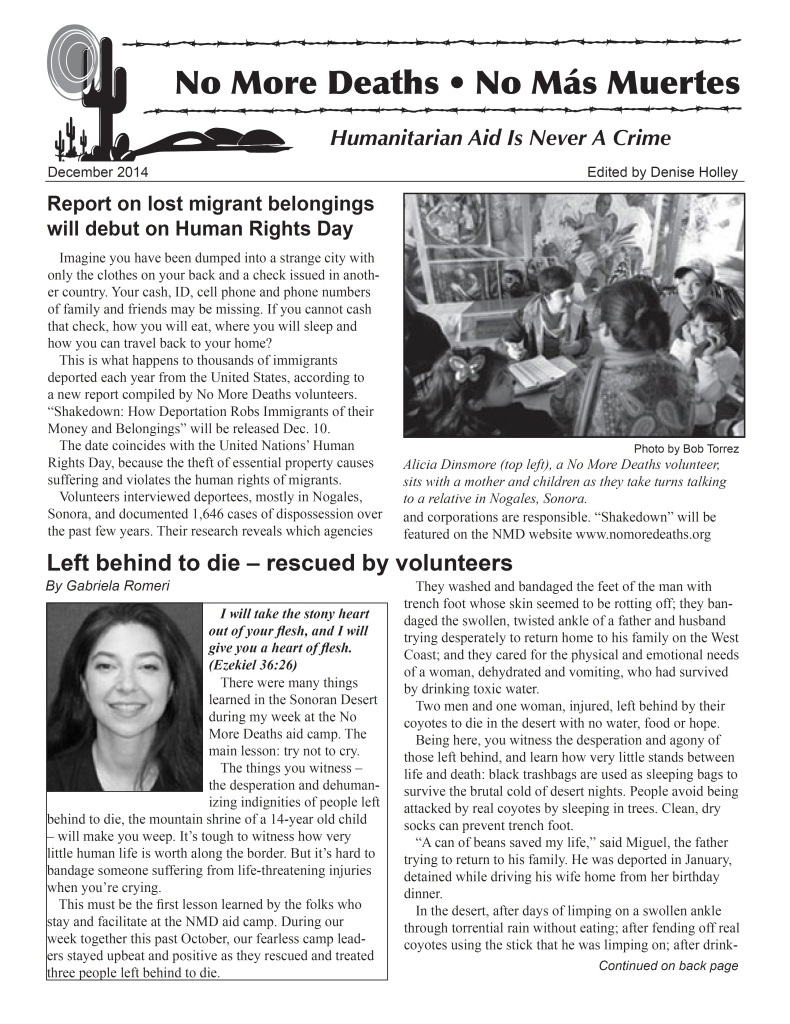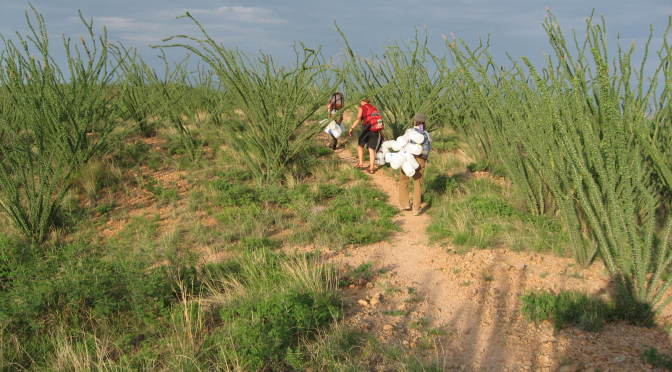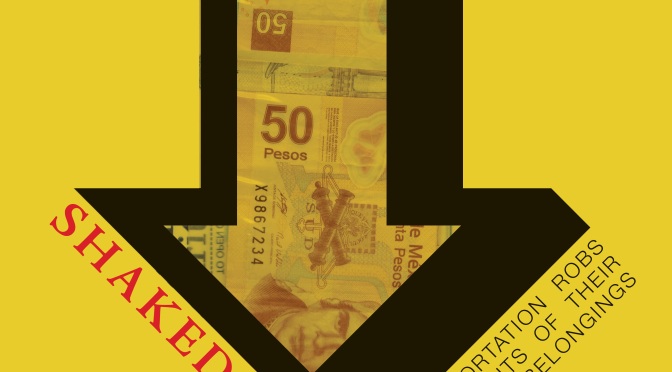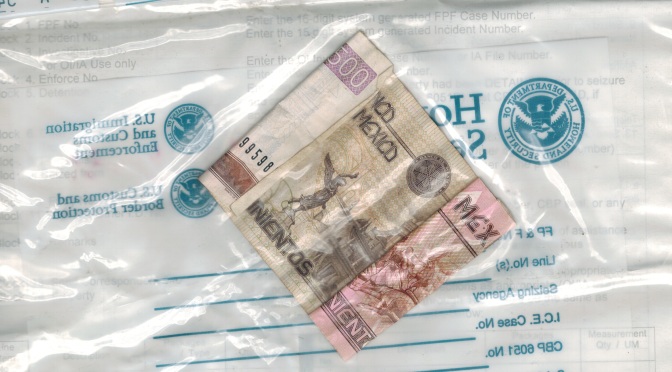The No More Deaths abuse documentation working group invites applications for the following stipended position. Continue reading Position available: abuse documentation and advocacy coordinator
Arizona Republic, editorial
Editorial: A disturbing trend in border patrol
Arizona Republic, December 15, 2014
Honoring the inherent rights of individuals is part of our national DNA. It is what we are all about.
But a report from a human-rights group offers more evidence that this deep commitment runs a bit shallow near the US–Mexico border. Continue reading Arizona Republic, editorial
Position available: logistics coordinator
The No More Deaths personnel committee invites applications for the following stipended position. Continue reading Position available: logistics coordinator
Newsletter: December 2014
Here is our year-end newsletter! Click to read or download.
Volunteer in the desert this March
Application information for the spring volunteer program is now posted! Please review it and see if you are interested in participating. Applications from groups of one to ten people are being accepted now through January 27 for one-week placements between March 7 and 28.
USA Today: “Report: US often keeping deportees’ money, IDs”
Report: US often keeping deportees’ money, IDs
USA Today, Bob Ortega, December 10, 2014
PHOENIX — US authorities often needlessly endanger deportees by sending them back across the border into Mexico without returning their money, IDs, cell phones, medicine and other belongings, a human-rights groups charges in a report released Wednesday. Continue reading USA Today: “Report: US often keeping deportees’ money, IDs”
NPR: “Some deportees return to Mexico but their stuff stays in the US”
Some deportees return to Mexico but their stuff stays in the US
NPR, All Things Considered, Ted Robbins, December 10, 2014
Derek Lucas Reyes, 20, went from being undocumented in the US to undocumented in his native Mexico. Continue reading NPR: “Some deportees return to Mexico but their stuff stays in the US”
Our report on dangerous deportation practices: Shakedown
We are happy to announce today the release of Shakedown: How Deportation Robs Immigrants of Their Money and Belongings. Our third major human-rights report takes as its focus a little-known element of modern border enforcement and immigration enforcement: the wholesale theft of detained and deported immigrants’ personal property, without a legal pretext, and with grave humanitarian consequences.
Deportation steals. Take action to stop it
Hundreds of thousands of immigrants each year are dumped at the Mexico border and permanently expelled without their most basic belongings: their money, identification documents, cell phones, important phone numbers, photos and keepsakes. From the border they must find a way to travel to their place of origin in Mexico—with nothing. You can act right now to help stop this travesty. Continue reading Deportation steals. Take action to stop it
NMD joins searches for missing migrants
This article by Ricky Cheney appeared in our fall newsletter.
¿Cuántos días caminaron? (How many days did you walk?) ¿Cruzaron calles pavimentadas o de tierra? ¿Cuántas? (Did you cross any paved or dirt roads? How many?)
These are the types of questions we ask on our intake forms for searches. We receive reports from family members and individuals who last saw the missing migrant and then respond to the best of our ability. Continue reading NMD joins searches for missing migrants






